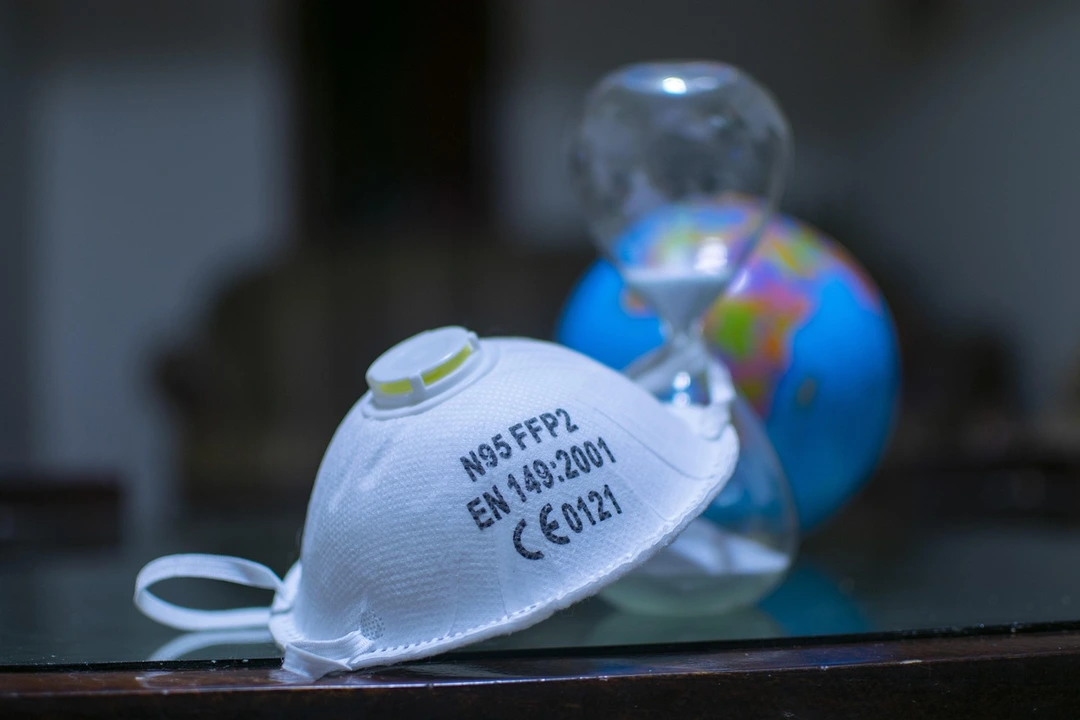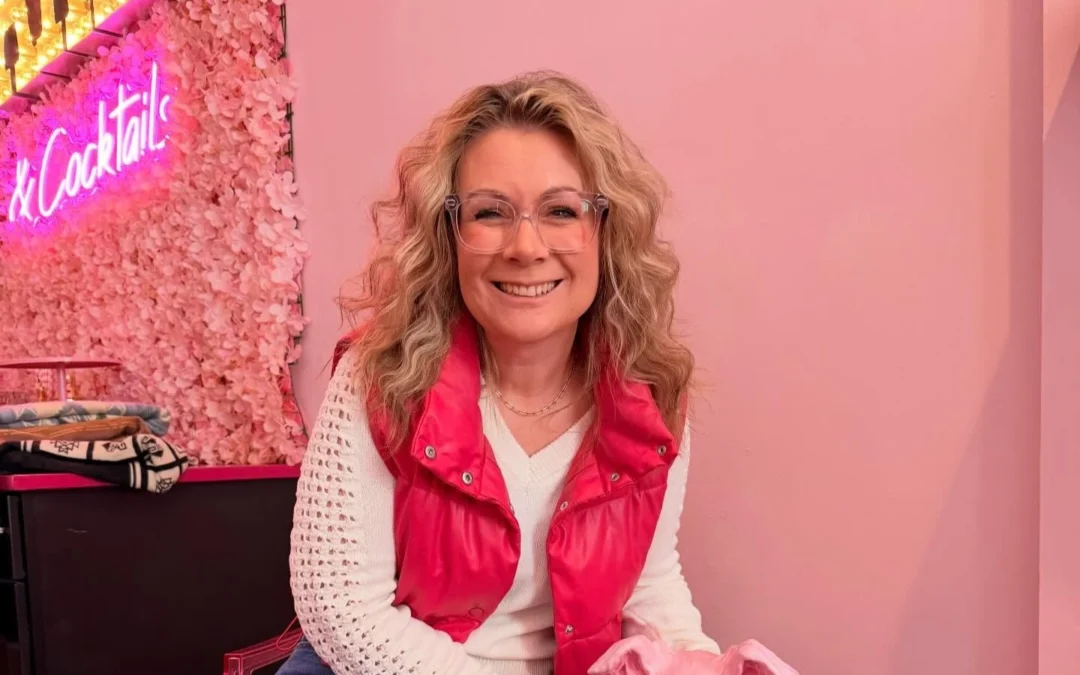In a dramatic reversal of U.S. public health policy, Health and Human Services Secretary Robert F. Kennedy Jr. said Tuesday that COVID-19 vaccines are no longer suggested for healthy children and pregnant women. The move takes them off the Centers for Disease Control and Prevention’s (CDC) immunization schedule, a move away from earlier recommendations that promoted vaccination in people aged six months and above.
A Unilateral Policy Change
The announcement was made through a video put up on the social media site X, where he declared, “I couldn’t be more thrilled to say that, effective today, the COVID vaccine for healthy kids and healthy pregnant women has been taken off the CDC recommended immunization schedule.”
The action circumvents the standard advisory process headed by the CDC’s Advisory Committee on Immunization Practices (ACIP), which normally reviews and suggests vaccine recommendations. Critics say that this one-sided move subverts established scientific review processes and potentially could undermine public confidence in health institutions.
Kennedy, who was a registered vaccine critic before his appointment, mentioned a lack of clinical evidence for booster vaccinations among children and pregnant women as the reason for the policy shift. He was accompanied in the announcement by FDA Commissioner Dr. Marty Makary and NIH Director Dr. Jay Bhattacharya, both of whom shared concerns regarding the necessity and effectiveness of repeat COVID-19 vaccines in the above populations.
Dr. Makary explained that most countries have stopped advising healthy children to get COVID-19 vaccines, as there is “no evidence healthy kids need it.”
Implications for Access and Coverage
Eliminating these recommendations can have far-reaching consequences on vaccine availability and insurance coverage. The CDC’s immunization schedule frequently dictates the vaccines covered by insurance policies and covered by programs such as the Vaccines for Children program. Without the stamp of approval from the CDC, people could be charged out-of-pocket to receive COVID-19 vaccinations, likely lowering vaccination rates among these populations.
In addition, the modification can influence whether or not pharmacists can give COVID-19 vaccinations to pregnant women and children because liability protection as well as authorization of such procedures is usually contingent upon CDC guidance.
The action has been criticized by several medical and public health professionals. Dr. Tina Tan, president of the Infectious Diseases Society of America, called the move “complete madness,” highlighting that COVID-19 infections can be very dangerous for pregnant women and children.
Dr. Naima Joseph, on behalf of the American College of Obstetricians and Gynecologists, emphasized that pregnant women are at higher risk for serious COVID-19 illness and that vaccination while pregnant can protect both the mother and the infant.
Political Context and Future Outlook
This policy change follows on from more general efforts on the part of the present administration to restrict vaccine authorizations and booster mandates, and indicates a more conservative direction for public health measures. The move also highlights the impact of vaccine skepticism within the administration, as Kennedy has a background of anti-vaccine campaigning.
Since the CDC now has no permanent director, perhaps the lack of agency leadership enabled the work-around around regular advisory processes. The long-term effect of this policy shift on public health, vaccine acceptance, and faith in health institutions will only be clear down the line.





